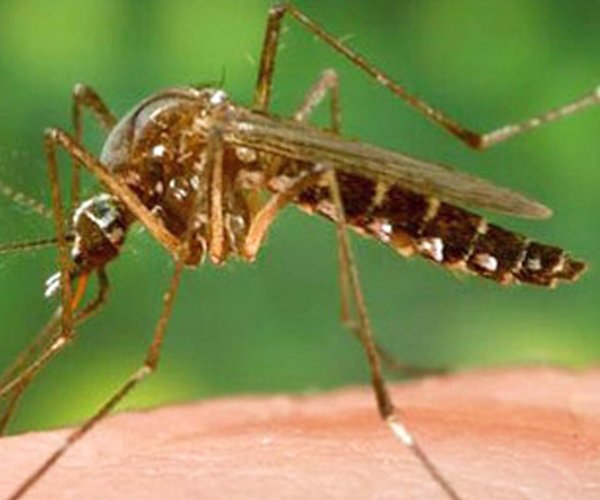The Stanislaus County Health Services Agency has confirmed that the county has seen its first case of the St. Louis encephalitis virus with the diagnosis of a male county resident in his 70s.
“He had symptoms and was tested in September,” said Stanislaus County Public Health Officer Dr. Julie Vaishampayan. “Confirmatory testing was performed first by the California Department of Public Health, followed by the Centers for Disease Control and Prevention.”
The diagnosis marks the second confirmed case of the virus in a person in California for the year.
The East Side and Turlock Mosquito Abatement Districts received confirmation in August that a mosquito sample from Stanislaus County has tested positive for St. Louis Encephalitis virus, which is similar to West Nile Virus and carried by the same type of mosquitoes.
This was the first time the virus had been detected in the area for more than 40 years. As of now, the virus has been found in mosquitoes in 14 California counties.
St. Louis encephalitis virus was recognized in California in 1937 and caused periodic epidemics in humans and horses until 1989, according to the Centers for Disease Control and Prevention.
Like West Nile Virus, most people who become infected with SLEV will never feel sick. Most people who do feel sick will have mild flu-like symptoms. A small number of people will have severe disease with headache, confusion, disorientation, and dizziness. Seizures, paralysis, coma, and sometimes death may occur. Severe disease is more likely in people who are older and those with weakened immune systems.
Also like West Nile Virus, there is no vaccine for SLEV or a specific course of treatment.
The colder temperatures have dramatically decreased mosquito activity in the region, but health officials are urging county residents to take precautions to avoid being bit.
• Dump or drain standing water. These are places mosquitoes like to lay their eggs.
• Defend yourself against mosquitoes by using repellants containing DEET, Picaridin or Oil
of Lemon Eucalyptus.
• Avoid being outdoors at dusk and dawn. These are the times when WNV carrying
mosquitoes are generally most active.
• Report neglected swimming pools to your local MAD.
• Use tight fitting door and window screens to keep mosquitoes from entering your home.





